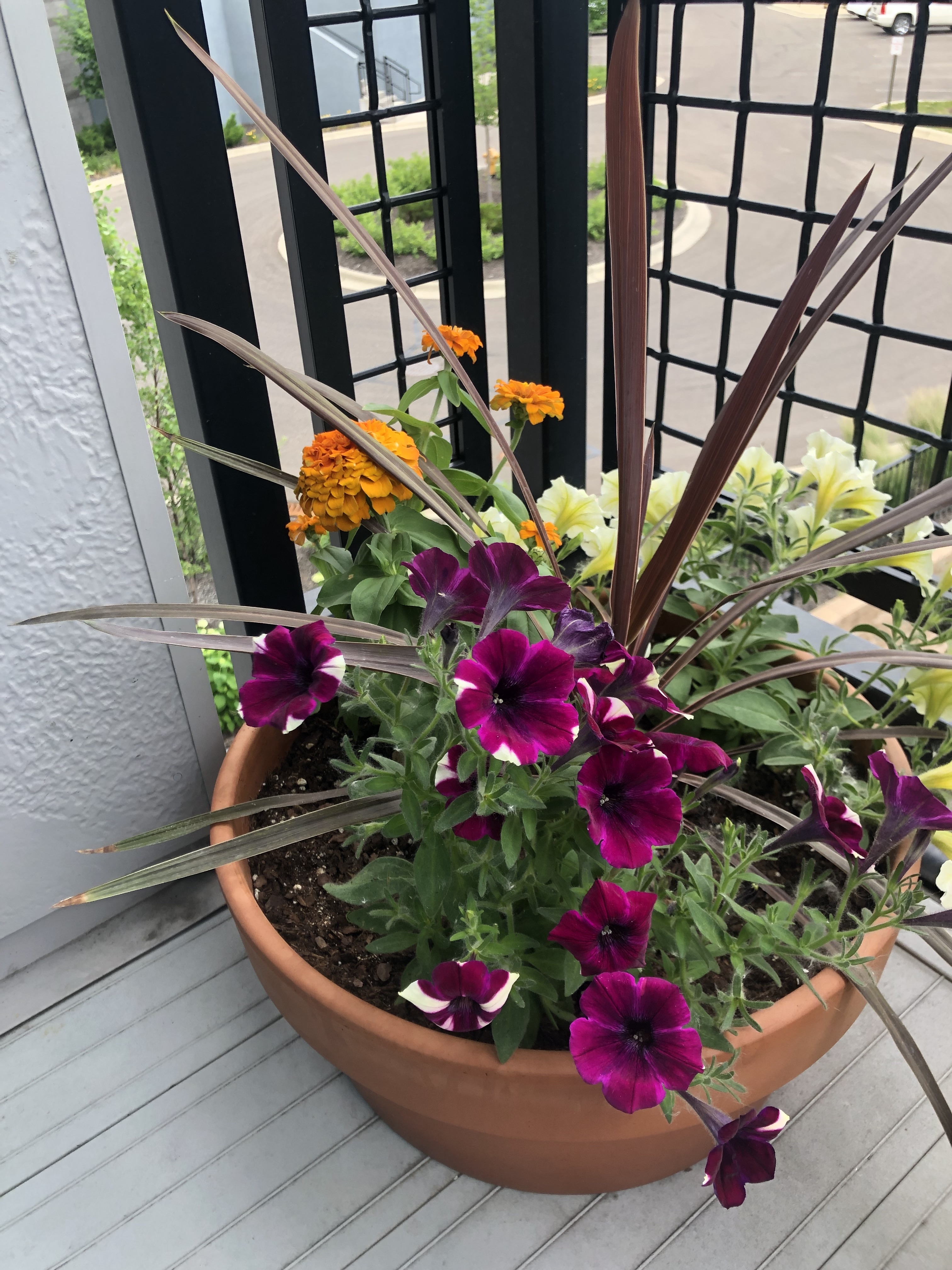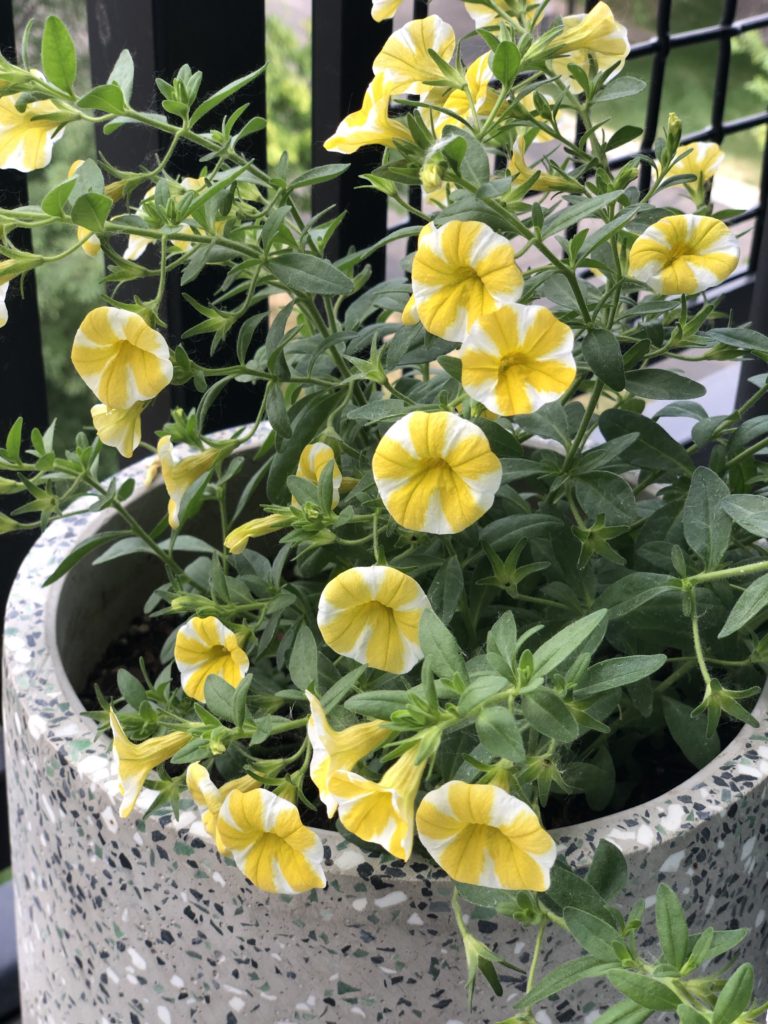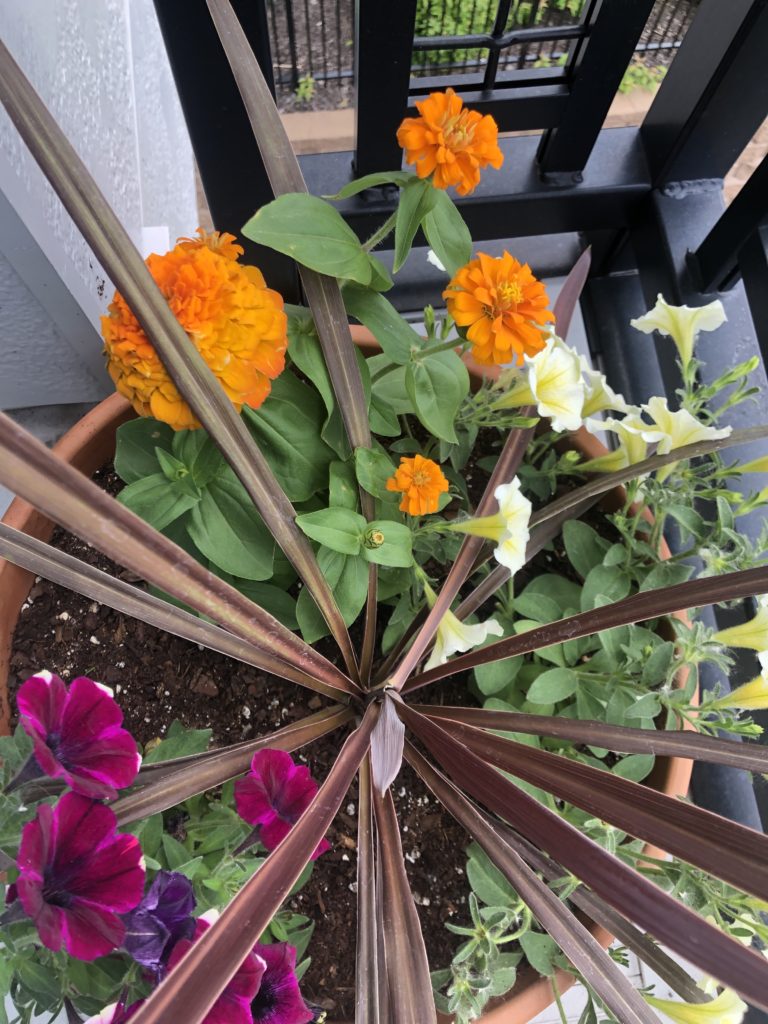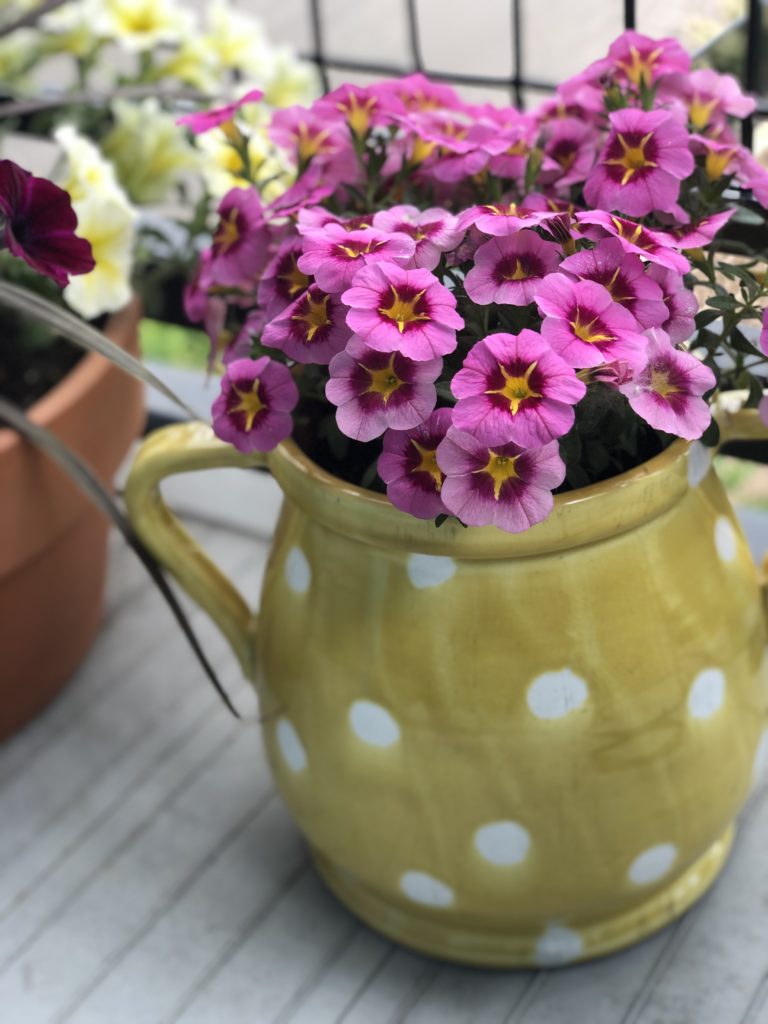I love summer for so many reasons. I love the bright, cheery sunshine. I love the intoxicatingly warm weather. I love the long, seemingly endless days and the cool, vividly pleasant nights. I love the palpable sense of color, vibrancy, and sheer life that inexplicably exudes from every living creature, and I love that somehow, magically, it feels as if from June to September nearly anything is possible.
Summer is carefree. Summer is simple. Summer is a state of being.
Summer is a wondrous thing to behold.
But all good things are temporary – as is life itself – and we must not misinterpret the beauty that surrounds us as something that is guaranteed, sure, and inherently ours.
American essayist, poet, and philosopher Ralph Waldo Emerson famously captures this sentiment with his now famously poetic line, “the Earth laughs in flowers.” When I first encountered these words, I immediately embraced Emerson’s powerful imagery and conjured up a mental picture of flowers literally laughing alongside mother Earth as she indulged in a long, soulful chuckle resounding deep throughout her belly[1]. And while this image was certainly vivid, it neither made sense nor provided clarity towards any sort of deeper meaning.
So, rereading these lines, I pushed myself to focus on the figurative[2], and I recognized something much more impressive and profound. Taken in isolation – as poetic lines so frequently are – most people interpret these words to reflect a sense of promise, lightness, and bubbling enthusiasm. However, here Emerson doesn’t simply highlight natural splendor, but he hits on something more transitory and less finite: Our human tendency to misinterpret our supposed command of the universe and the brief, transient nature of our reality.
Indeed, in his poem “Hamatreya,” Emerson speaks to this disillusioned human pursuit, and he seeks to reorient us to the humble origins from which we come and will inevitably return.
He writes:
“Where are these men? Asleep beneath their grounds:
And strangers, fond as they, their furrows plough.
Earth laughs in flowers, to see her boastful boys
Earth-proud, proud of the earth which is not theirs;
Who steer the plough, but cannot steer their feet
Clear of the grave.
They added ridge to valley, brook to pond,
And sighed for all that bounded their domain;
“This suits me for a pasture; that’s my park;
We must have clay, lime, gravel, granite-ledge,
And misty lowland, where to go for peat.
The land is well,—lies fairly to the south.
’Tis good, when you have crossed the sea and back,
To find the sitfast acres where you left them.”
Emerson claims we are “earth proud,” “boastful boys” who are misguidedly gratified by a world that doesn’t truly belong to us. At the end of the day, we humans are not the center of the universe but simply mere mortals with a lack of squatter’s rights and a clear, finite end to our temporary realities. Regardless of whatever else we might convince ourselves – of our power, our autonomy, the inexhaustible sway we think we have over the land – ultimately none of the “stuff” we lay claim to ultimately matters.
To this end, Emerson argues we should not ceaselessly chase worldly things, but rather humbly care for and honor the space we temporarily rent in this life. We must celebrate the Earth and join the chorus of her song, for if we don’t, she will continue to grow, flourish, and laugh in the flowers that dot our graves long after we are gone.
So, what does all this mean? And what does it have to do with summer? Or with anything, for that matter?
My point is this: We are temporary – this life is temporary – and we can either choose to view that as a terrifying reality or a welcome reminder that nothing is truly ours and yet we must live in gratitude anyway. We must always keep sight of that which is bigger than ourselves and never become so enthralled in our endless pursuits or worldly possessions that we ultimately turn our back on the very universe that gives us life.
For, whether we like it or not, “the Earth laughs in flowers”: We can either resign ourselves to be the butt of the joke, or we can join the chorus of laughter and revel in the beautiful, freeing reality that all we have is this moment and that it is – it must be – enough.
[1] And somehow the flowers and the Earth – the whole Earth, mind you – were the same size? I’m not saying it made sense…
[2] I am, after all, an English major.







Comments are closed.